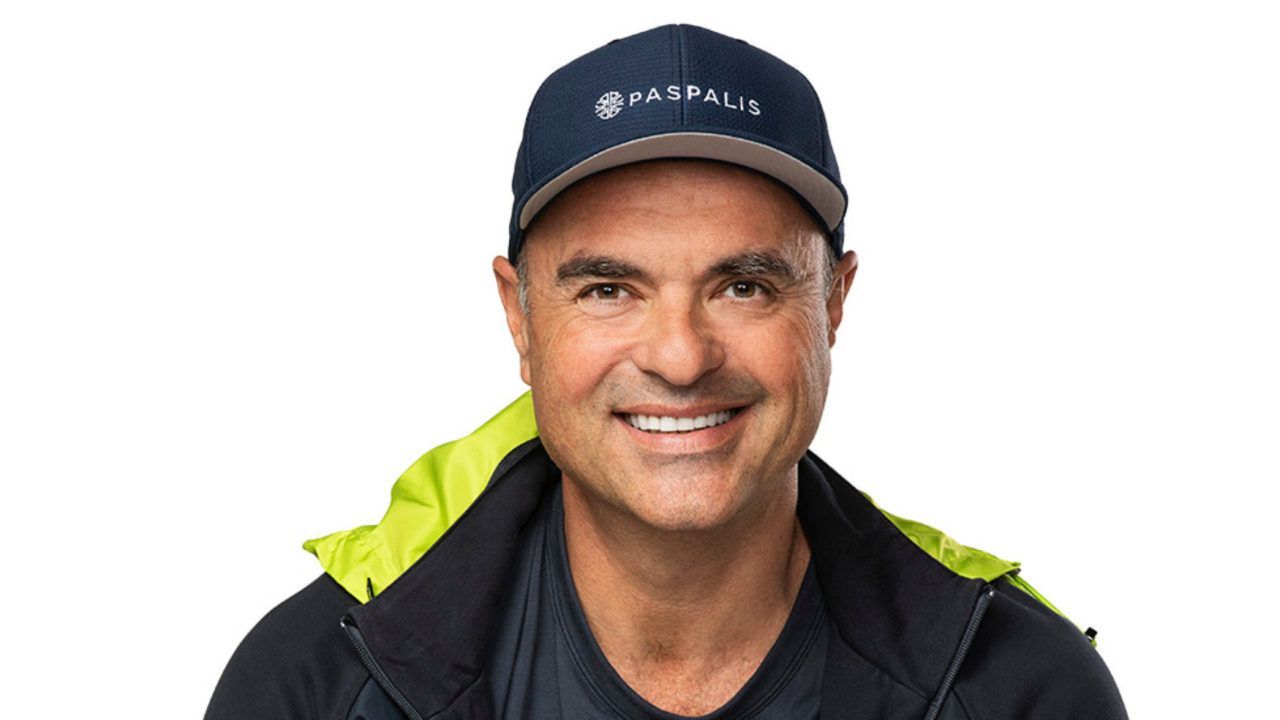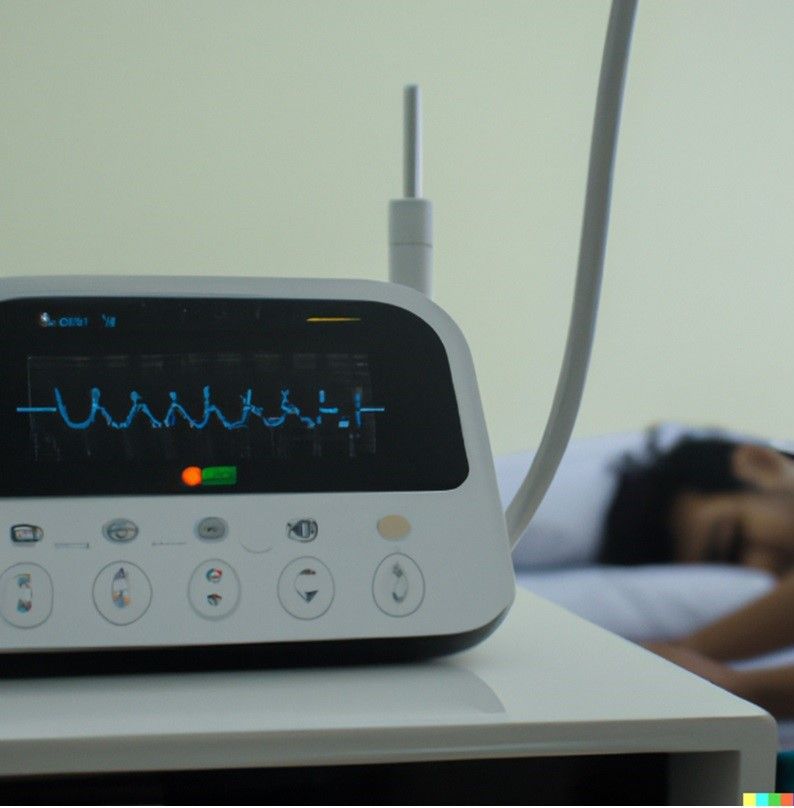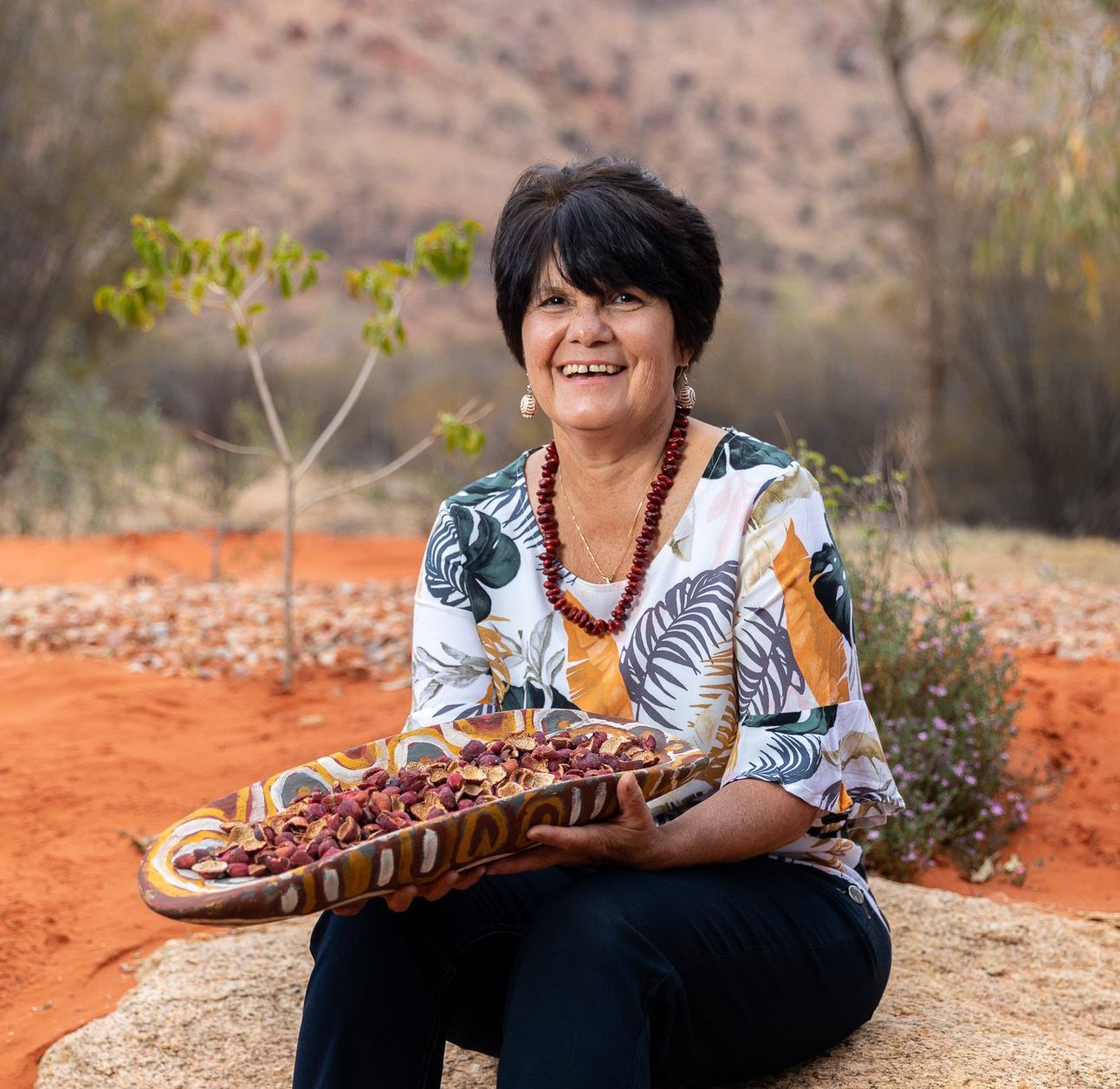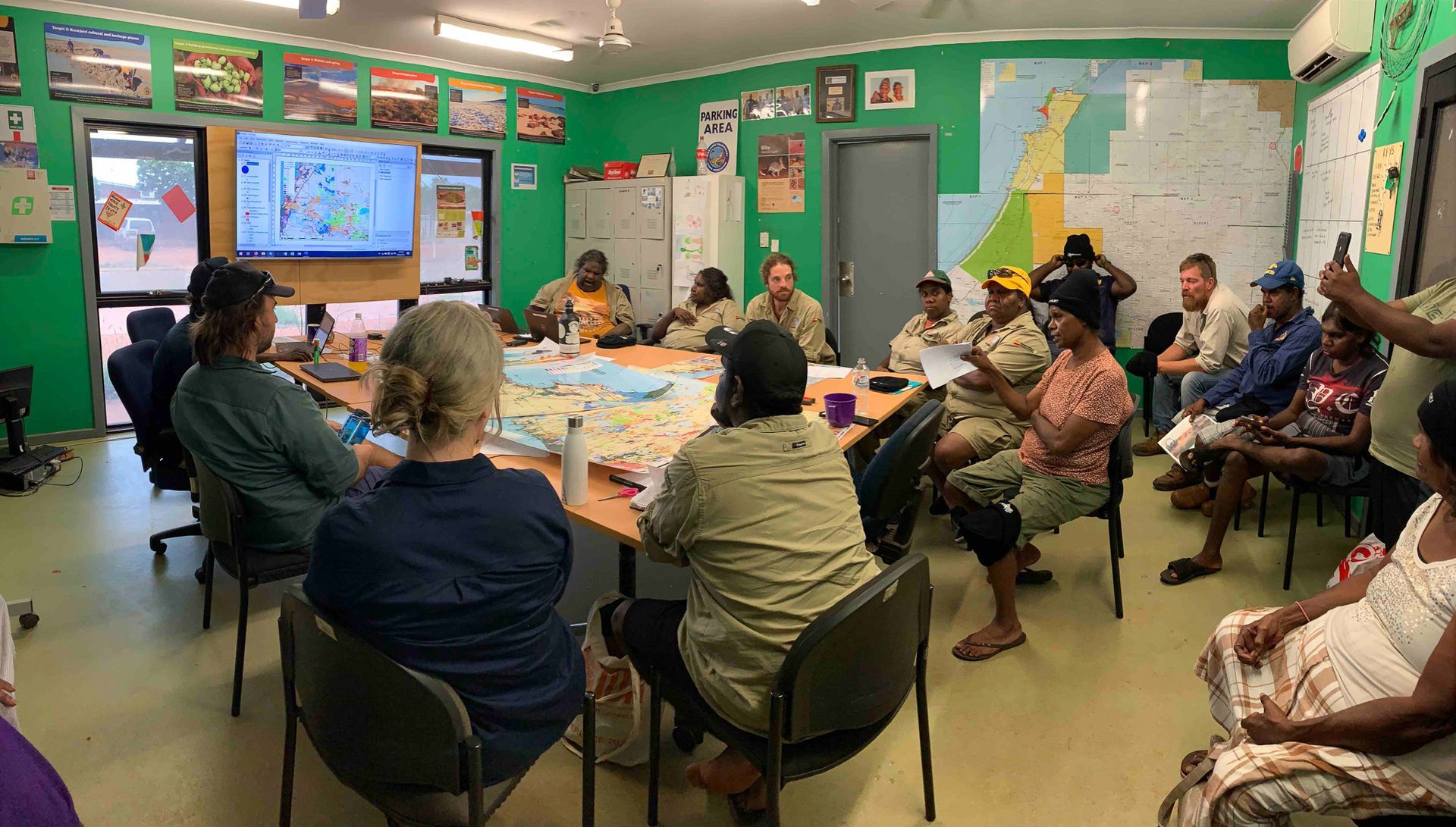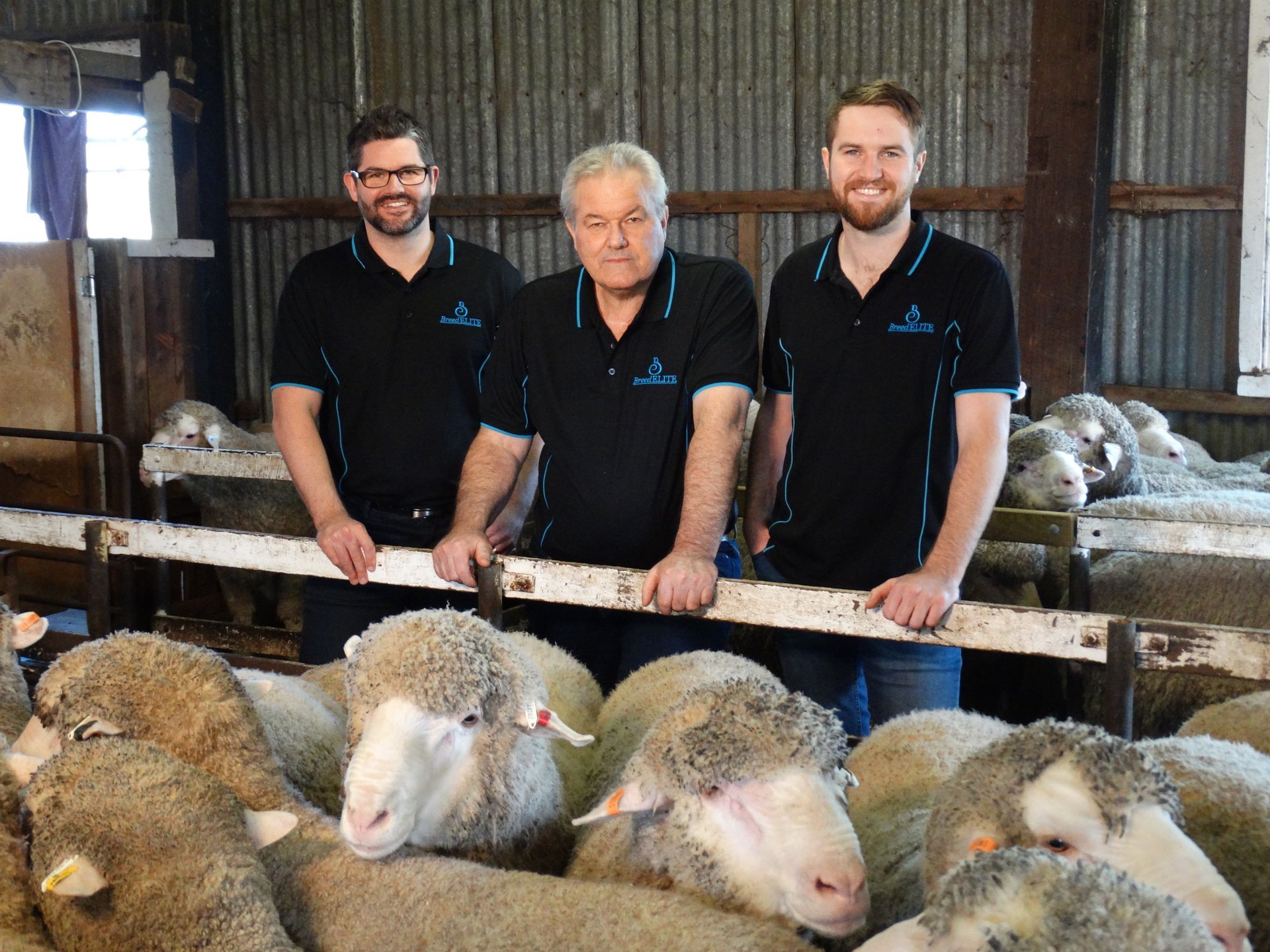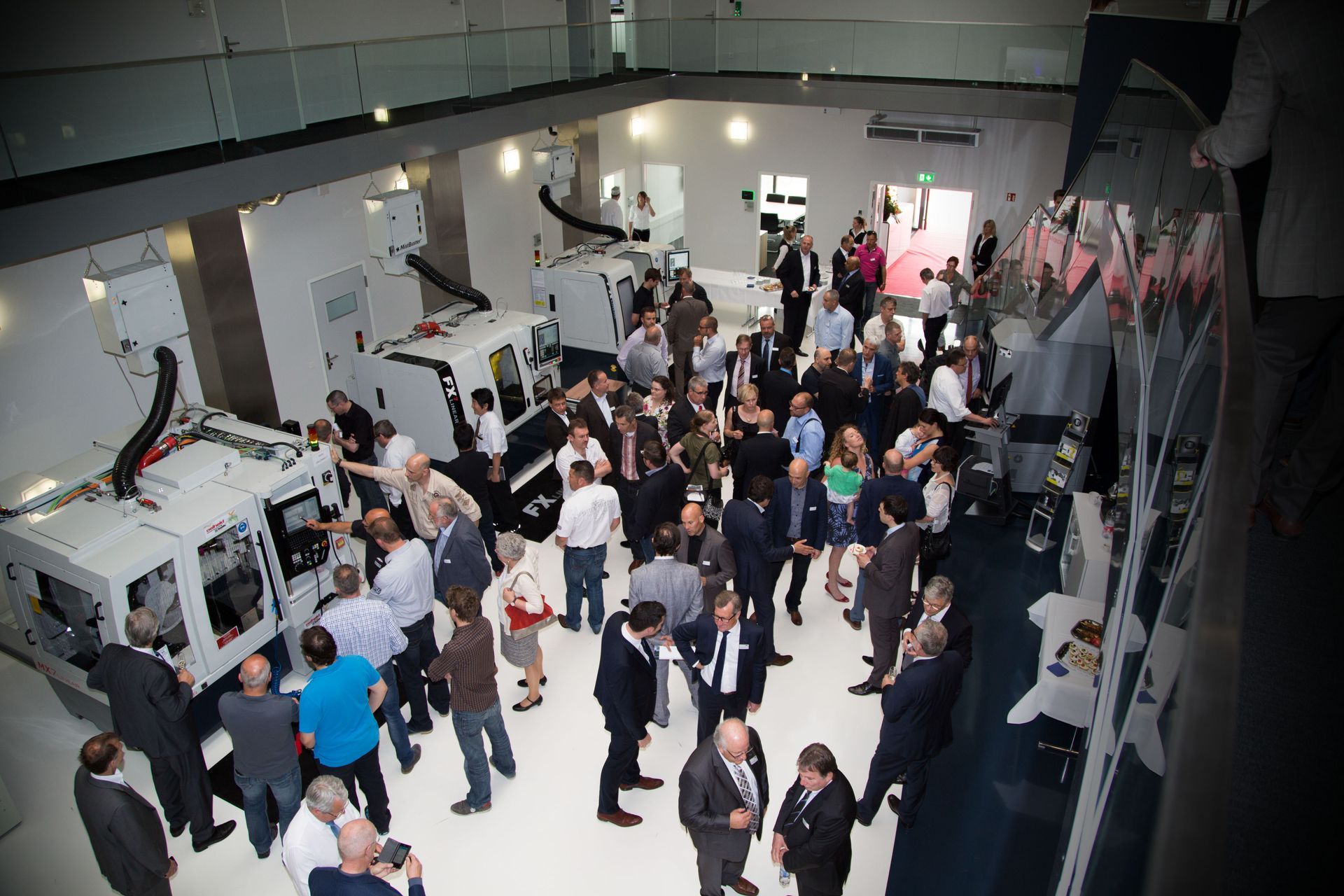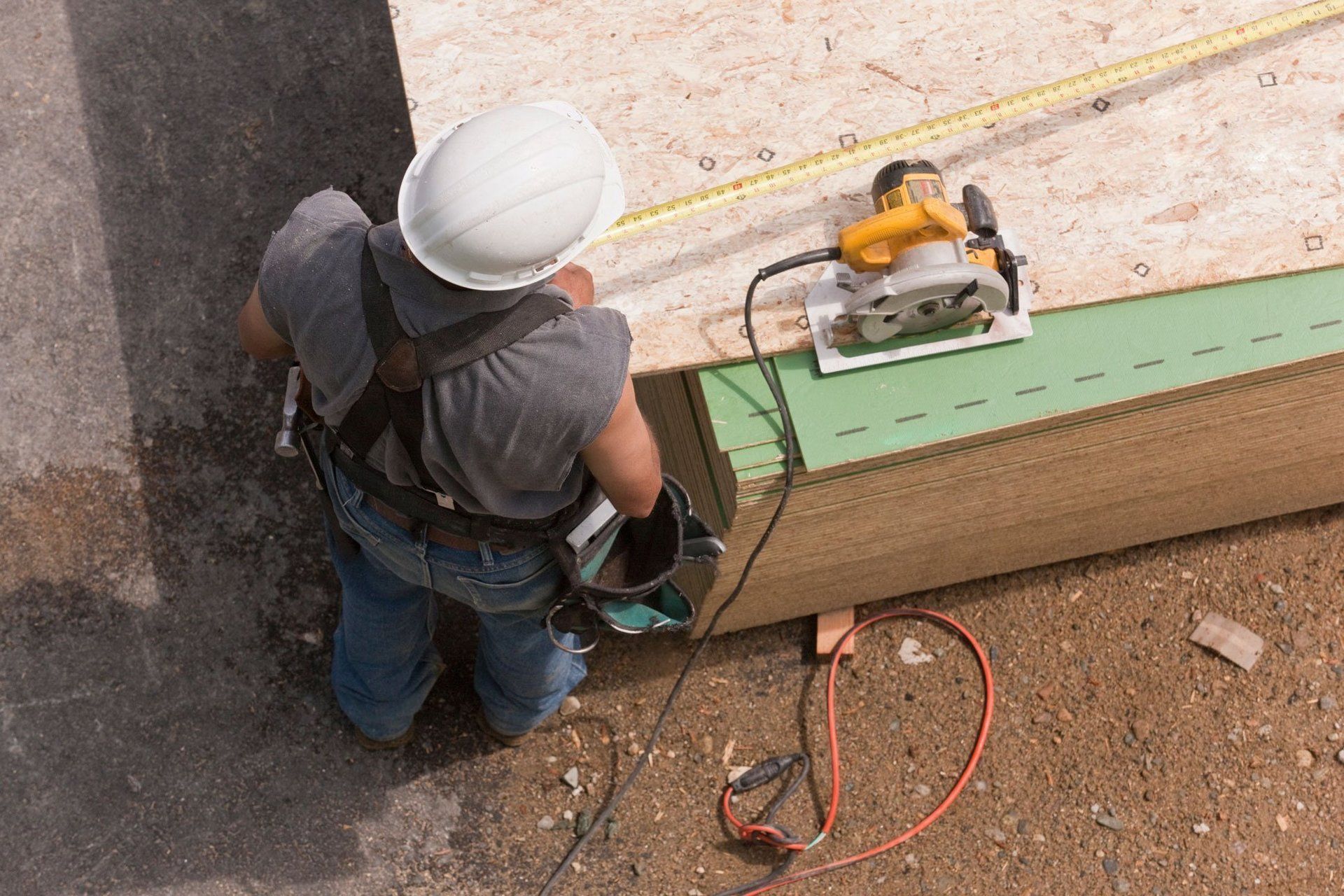Winning: Versatility key for R&D budgets
Staff writers
One Mandate Group, the publishers of i+, interviewed John Winning, CEO, Winning Group, to get his take on innovation, and running a successful online appliance retailer.
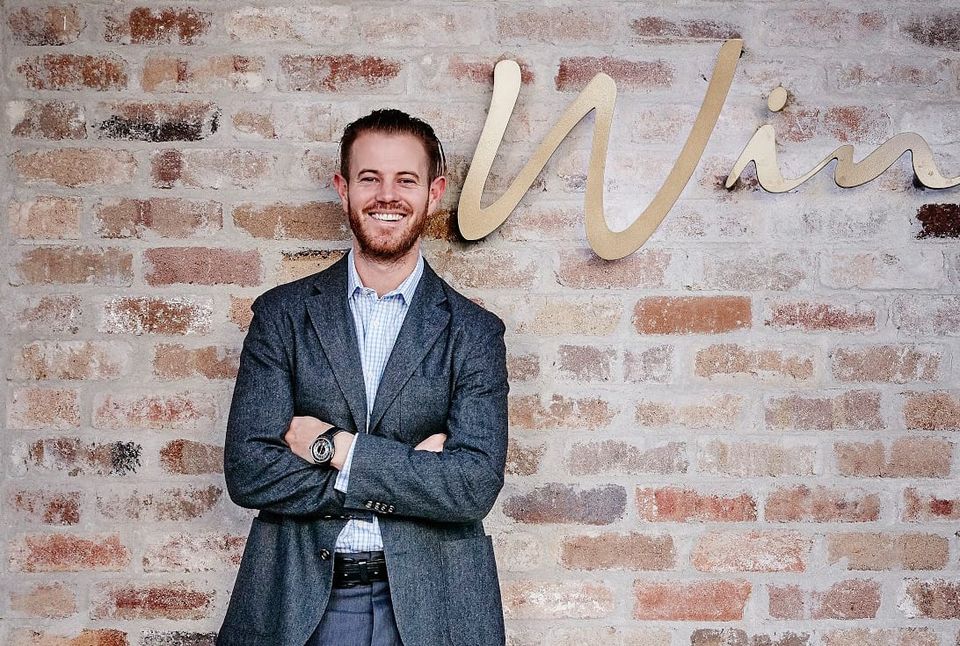
1) Your key message to young aspiring entrepreneurs?
A mentor can certainly be useful and, whilst I was never formally mentored by anyone, my father had that role in some ways. Although I am not sure that was a defining factor in my decision to start a company at the age of 20 yo. What he did teach me though, from a young age, was that it pays to start doing something you enjoy that adds value and develops skills – then things often fall into place. As I have gotten older, I have had role models as a source of inspiration such as Dutch extreme athlete Wim Hof, also known as The Iceman. Many of the highest achievers in history never had mentors, but simply found themselves in hard times and found the motivation to excel.
2) You seem very really energised and up-beat. You clearly love what you do. How do you apply innovation to managing workplace culture?
I enjoy my job a lot but I would be equally happy spending my time surfing, which I might be doing in 10 or so years! Seriously though, nothing is more important to me than making people happy whether that is my clients or my team. We have a dedicated neurostrategy team, the first of its kind in Australia, that works on creating personalisation at an unprecedented, deeply human level. So you could say we take people’s well-being very seriously from all directions.
3) Your leadership style in the modern innovation age?
A sense of optimism cannot be over-estimated. I like to think every problem is solvable and things will work out, sometimes through brute perseverance and tenacity. Surrounding myself with experts that also have a positive outlook certainly helps. Studying those who have achieved monumental feats historically reveals that they all had something in common: a fierce commitment to hard work, which persists.
4) Innovation looks to be Winning Group’s “DNA”. What’s your philosophy on investment into R&D?
R&D is crucial for company survivability, which everyone knows. Even if you think you cannot do it, you should. Most companies will have a fixed amount of their budget dedicated to R&D that they are either committed to or working towards.
Versatility is key for managing an R&D budget that ought to fluctuate up and down. R&D staff will need to switch roles from time to time. We were the first in Australia to sell whitegoods online, which involved inventing new and adapting existing digital media methods using intensive R&D. During these COVID-19 months, our R&D commitment stepped up a notch or two, as customers’ needs changed overnight.
5) How can the traditional “bricks and mortar” shopping experience be improved?
It’s a bit archaic in my view. The general public has been spoiled in so many areas of social and working life and they deserve something better with shopping too. Online shopping has an important role to play in enhancing quality of life, especially by the simple freeing up people’s time. The industry needs to change the richness of the customer’s experience, the interaction and engagement. Further, it needs to adopt more sustainable principles and practices as the attitude of the general public towards the environment is changing rapidly. People are getting smarter and if the industry does not keep up, it risks dying.
6) What are your own views on sustainability?
I am not perfect, but I want to be a part of the change by being better today than I was yesterday in everything I do, both in running my company and in my personal life. I am not a father yet, but it’s important to me knowing they will be able to experience mother-nature at its best like I have. A world addicted to making money is the first problem needing to be solved. Habits are hard to change but every living person can do something to make a difference.

In 2016 I published a blog article titled Moonshots for Australia: 7 For Now. It’s one of many I have posted on business and innovation in Australia. In that book, I highlighted a number of Industries of the Future among a number of proposed Moonshots. I self-published a book, Innovation in Australia – Creating prosperity for future generations, in 2019, with a follow-up COVID edition in 2020. There is no doubt COVID is causing massive disruption. Prior to COVID, there was little conversation about National Sovereignty or supply chains. Even now, these topics are fading, and we remain preoccupied with productivity and jobs! My motivation for this writing has been the absence of a coherent narrative for Australia’s business future. Over the past six years, little has changed. The Australian ‘psyche’ regarding our political and business systems is programmed to avoid taking a long-term perspective. The short-term nature of Government (3 to 4-year terms), the short-term horizon of the business system (driven by shareholder value), the media culture (infotainment and ‘gotcha’ games), the general Australian population’s cynical perspective and a preoccupation with a lifestyle all create a malaise of strategic thinking and conversation. Ultimately, it leads to a leadership vacuum at all levels. In recent years we have seen the leadership of some of our significant institutions failing to live up to the most basic standards, with Royal Commissions, Inquiries and investigations consuming excessive time and resources. · Catholic Church and other religious bodies · Trade Unions · Banks (and businesses generally, take casinos, for example) · the Australian Defence Force · the Australian cricket teams · our elected representatives and the staff of Parliament House As they say, “A fish rots from the head!” At best, the leadership behaviour in those institutions could be described as unethical and, at worst….just bankrupt! In the last decade, politicians have led us through a game of “leadership by musical chairs” – although, for now, it has stabilised. However, there is still an absence of a coherent narrative about business and wealth creation. It is a challenge. One attempt to provide such a narrative has been the Intergenerational Reports produced by our federal Government every few years since 2002. The shortcomings of the latest Intergenerational Report Each Intergenerational Report examines the long-term sustainability of current government policies and how demographic, technological, and other structural trends may affect the economy and the budget over the next 40 years. The fifth and most recent Intergenerational Report released in 2021 (preceded by Reports in 2002, 2007, 2010 and 2015) provides a narrative about Australia’s future – in essence, it is an extension of the status quo. The Report also highlights three key insights: 1. First, our population is growing slower and ageing faster than expected. 2. The Australian economy will continue to grow, but slower than previously thought. 3. While Australia’s debt is sustainable and low by international standards, the ageing of our population will pressure revenue and expenditure. However, its release came and went with a whimper. The recent Summit on (what was it, Jobs and Skills and productivity?) also seems to have made the difference of a ‘snowflake’ in hell in terms of identifying our long-term challenges and growth industries. Let’s look back to see how we got here and what we can learn. Australia over the last 40 years During Australia’s last period of significant economic reform (the late 1980s and early 1990s), there was a positive attempt at building an inclusive national narrative between Government and business. Multiple documents were published, including: · Australia Reconstructed (1987) – ACTU · Enterprise Bargaining a Better Way of Working (1989) – Business Council of Australia · Innovation in Australia (1991) – Boston Consulting Group · Australia 2010: Creating the Future Australia (1993) – Business Council of Australia · and others. There were workshops, consultations with industry leaders, and conferences across industries to pursue a national microeconomic reform agenda. Remember these concepts? · global competitiveness · benchmarking · best practice · award restructuring and enterprising bargaining · training, management education and multiskilling. This agenda was at the heart of the business conversation. During that time, the Government encouraged high levels of engagement with stakeholders. As a result, I worked with a small group of training professionals to contribute to the debate. Our contribution included events and publications over several years, including What Dawkins, Kelty and Howard All Agree On – Human Resources Strategies for Our Nation (published by the Australian Institute of Training and Development). Unfortunately, these long-term strategic discussions are nowhere near as prevalent among Government and industry today. The 1980s and 1990s were a time of radical change in Australia. It included: · floating the $A · deregulation · award restructuring · lowering/abolishing tariffs · Corporatisation and Commercialisation Ross Garnaut posits that the reforms enabled Australia to lead the developed world in productivity growth – given that it had spent most of the 20th century at the bottom of the developed country league table. However, in his work, The Great Reset, Garnaut says that over the next 20 years, our growth was attributable to the China mining boom, and from there, we settled into “The DOG days” – Australia moved to the back of a slow-moving pack! One unintended consequence of opening our economy to the world is the emasculation of the Australian manufacturing base. The manic pursuit of increased efficiency, lower costs, and shareholder value meant much of the labour-intensive work was outsourced. Manufacturing is now less than 6% of our GDP , less than half of what it was 30 years ago!
